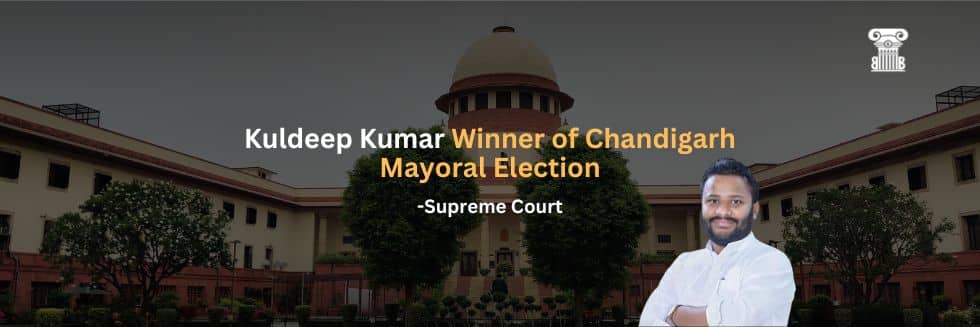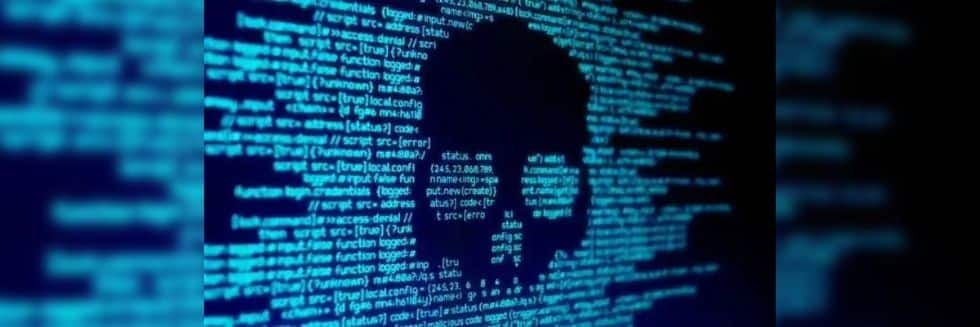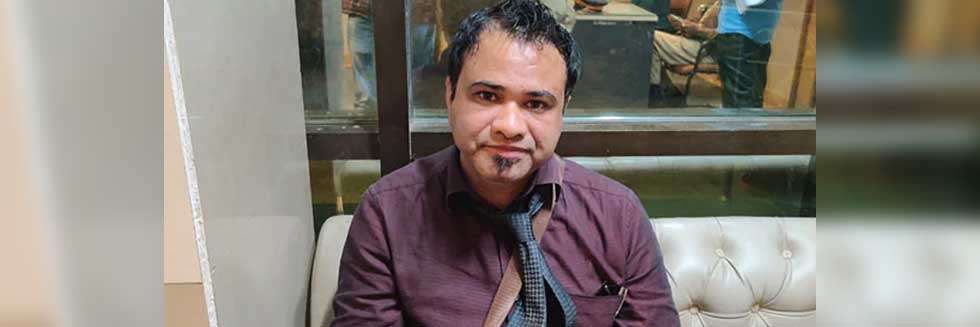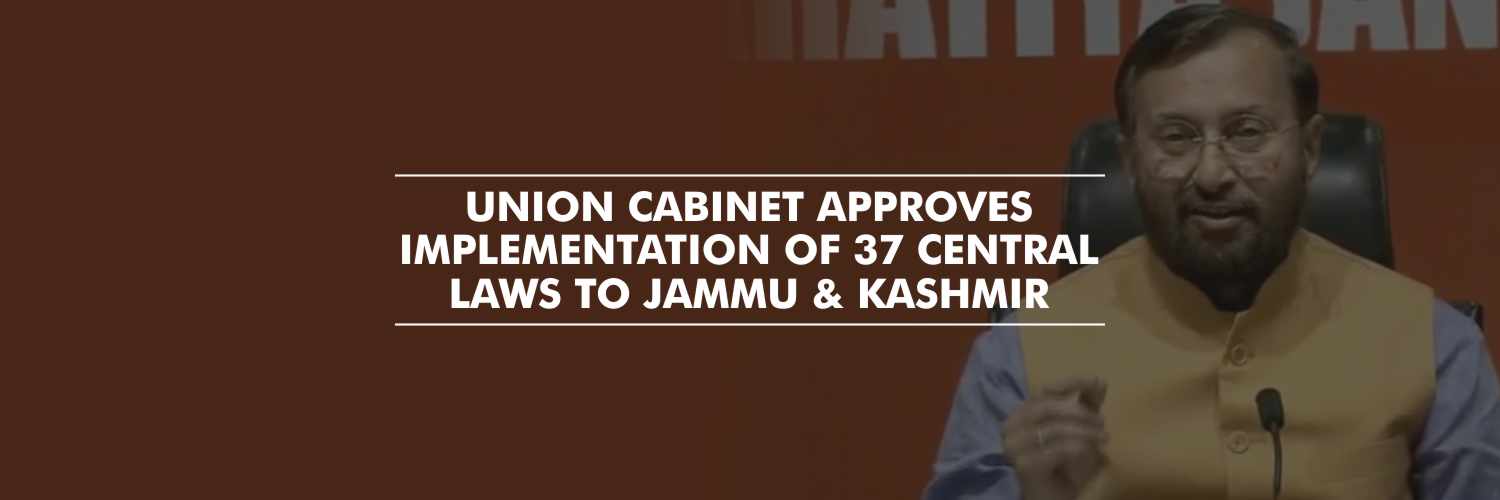In a recent landmark judgement, the Division Bench of the Supreme Court, led by Chief Justice of India (CJI) D Y Chandrachud and accompanied by Justices JB Pardiwala and Manoj Misra, announced Kuldeep Kumar as the victor of the Chandigarh mayoral election. This decision was reached after it was discovered that the presiding officer, Anil Masih, had intentionally invalidated eight ballots that were in favour of Kuldeep Kumar.
This judgement was passed in the case of Kuldeep Kumar v. U.T. Chandigarh. The Supreme Court was examining a petition lodged by Kuldeep Kumar against the refusal of the Punjab and Haryana High Court to halt the results of the Chandigarh mayoral election. During the election, Presiding Officer Anil Masih was caught on camera marking eight ballot papers.
Anil Masih, who was present during the court proceedings, dismissed these eight votes as invalid, leading to Manoj Sonkar being declared the winner on January 30, 2024. The Supreme Court had demanded the production of the ballot papers and the records, which were taken into the custody of the Punjab and Haryana High Court as per the order issued on February 5, 2024.
The Supreme Court invalidated the results announced by Presiding Officer Anil Masih on January 30, 2024, where BJP candidate Manoj Kumar Sonkar was declared the winner. The court also stated that re-election was not required as the votes that Masih had invalidated were, in fact, valid.
The Supreme Court struck down the result by invoking its powers under Article 142 of the Constitution of India, 1950 (COI) to pass directions to do complete justice and to safeguard the sanctity of electoral democracy. The court stated that allowing such an action would disrupt the most valued principles in the edifice of our country’s democracy.
Article 142 of the COI grants the Supreme Court discretionary power. It deals with the enforcement of decrees and orders of the Supreme Court and orders as to discovery, etc. It states that the Supreme Court may pass any decree or make any order necessary for doing complete justice in any cause or matter pending before it. Any decree or order made shall be enforceable throughout the territory of India in such a manner as may be prescribed by or under any law made by Parliament and, until provision in that behalf is so made, in such manner as the President may by order prescribe. The Supreme Court has all and every power to make any order for the purpose of securing the attendance of any person, the discovery or production of any documents, or the investigation or punishment of any contempt of itself, subject to the provisions of any law made in this behalf by Parliament.






